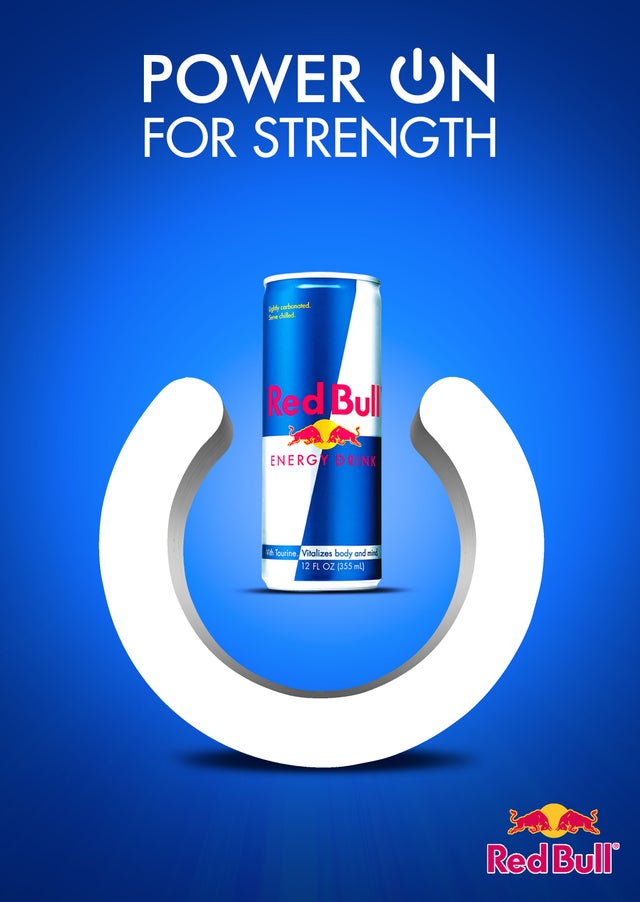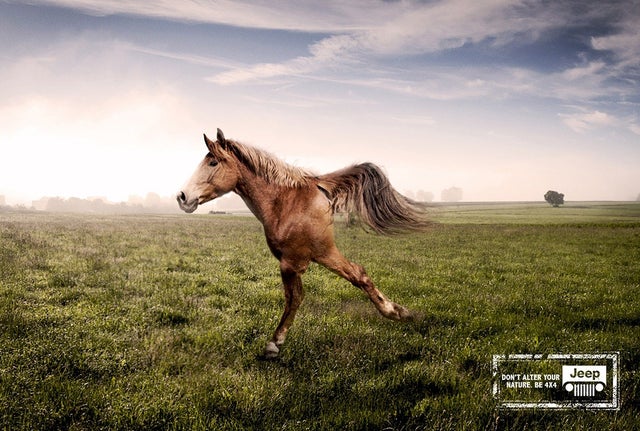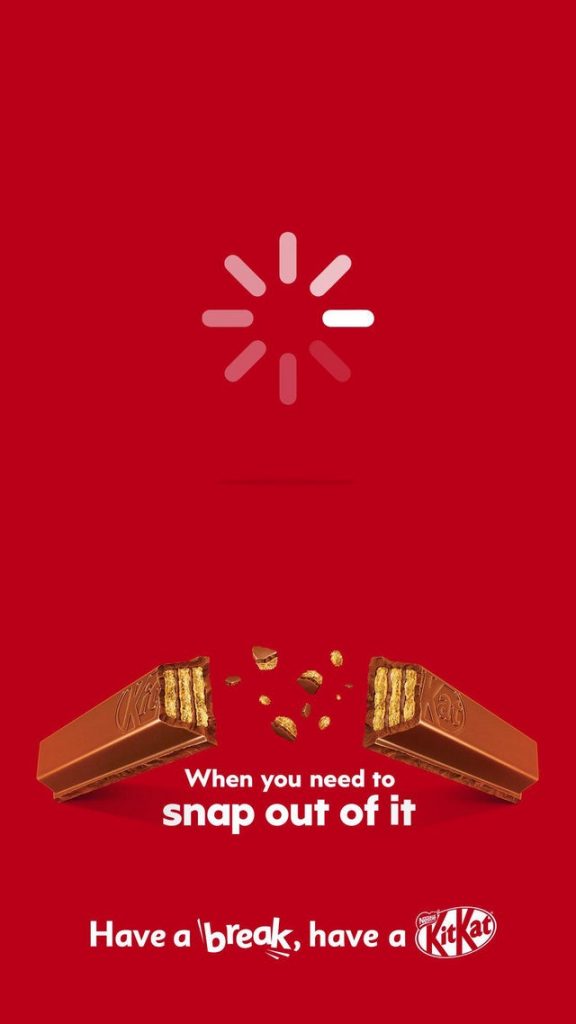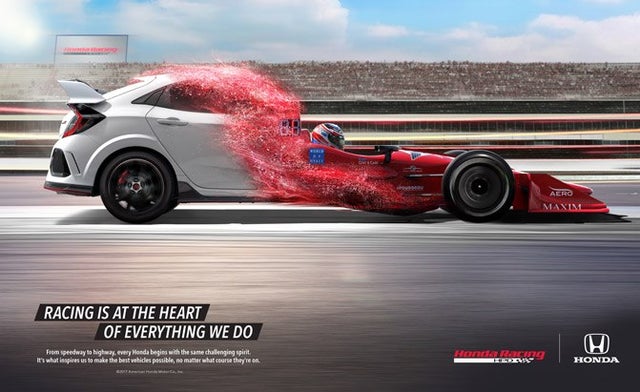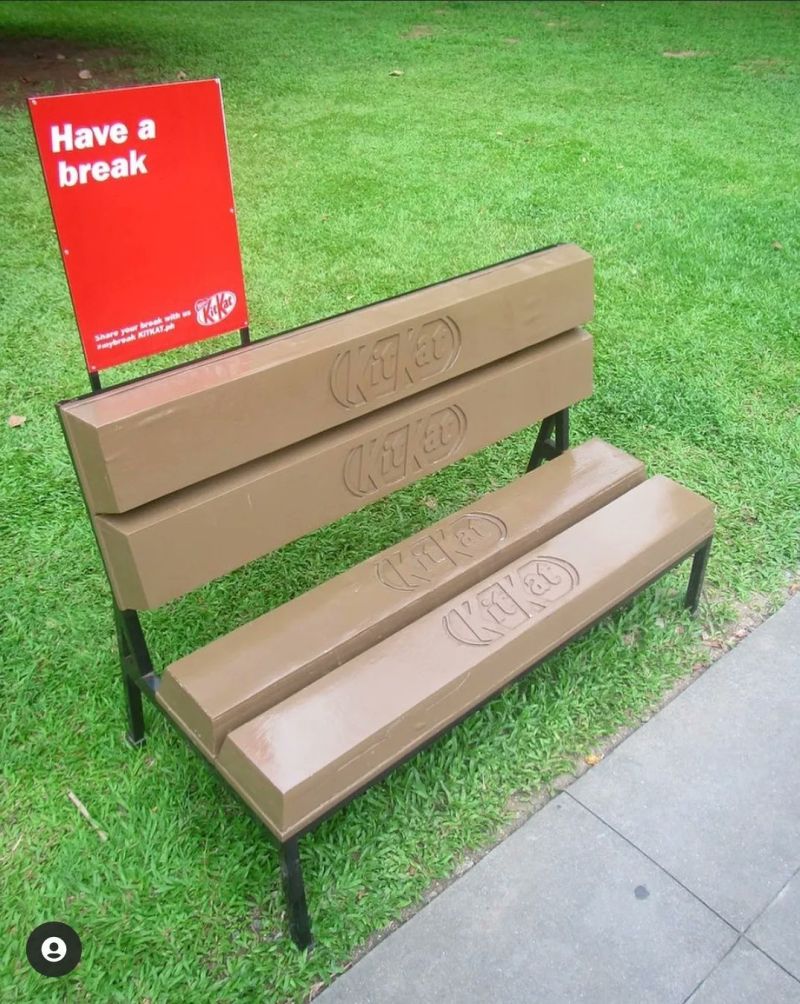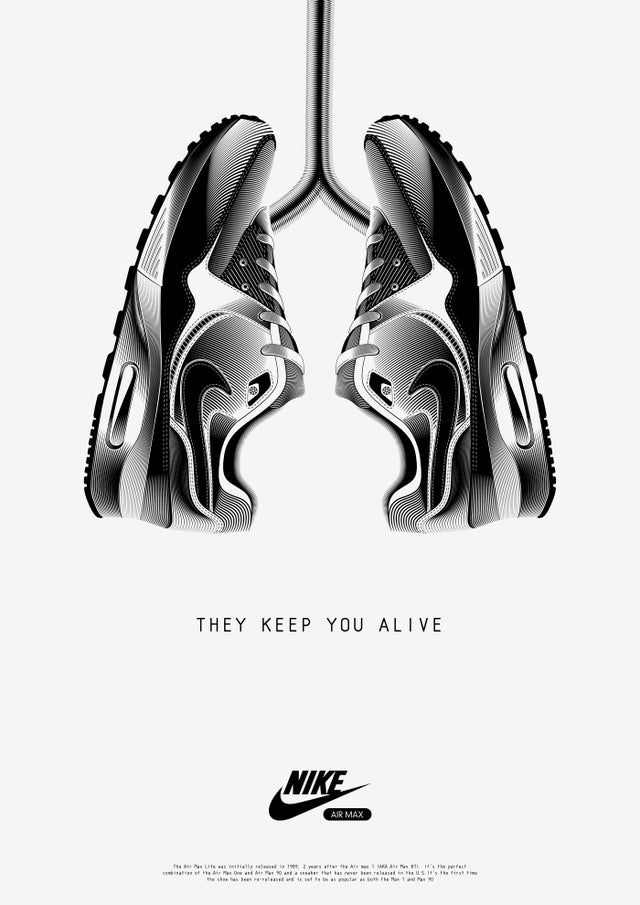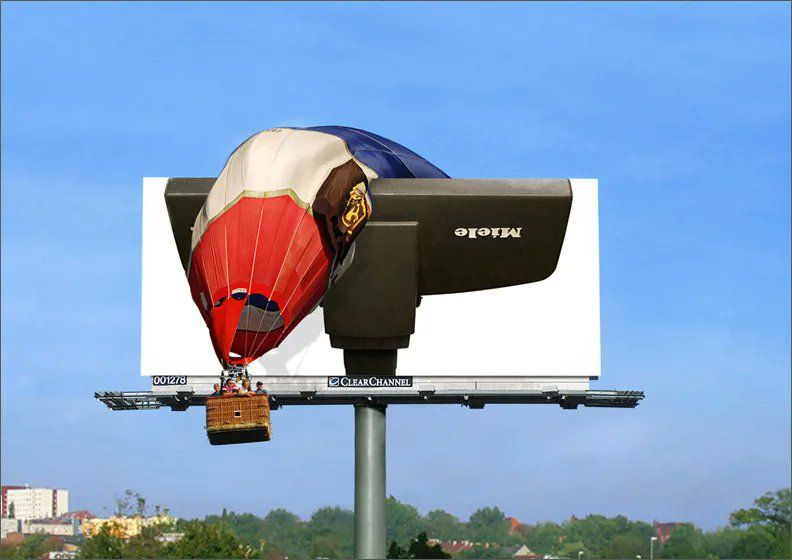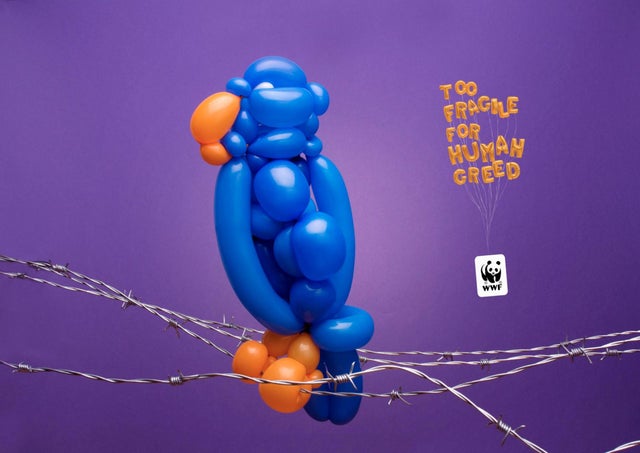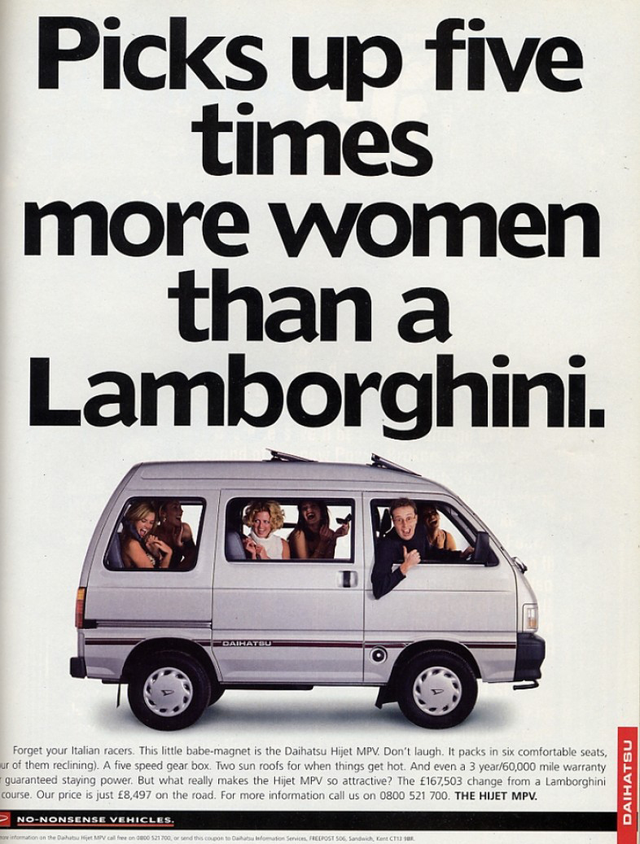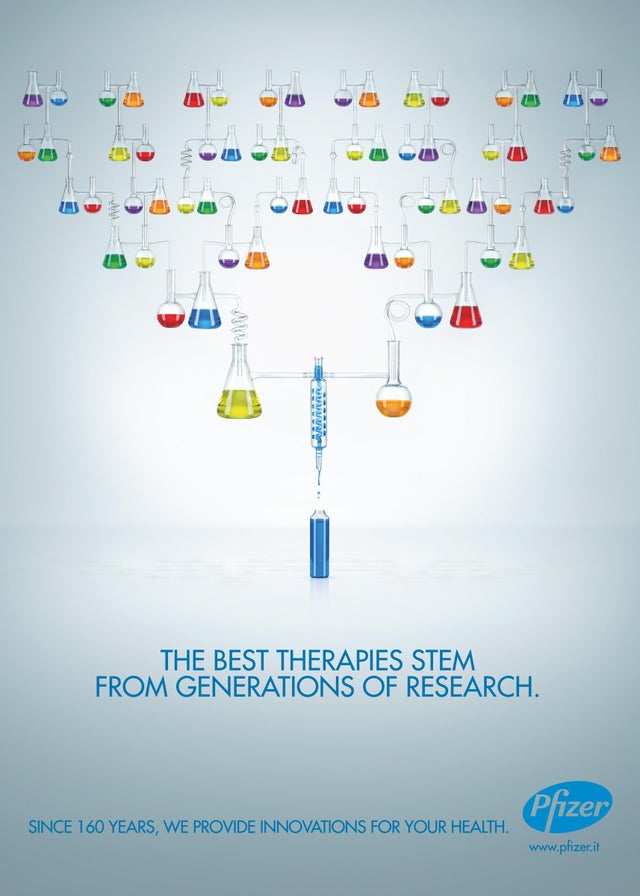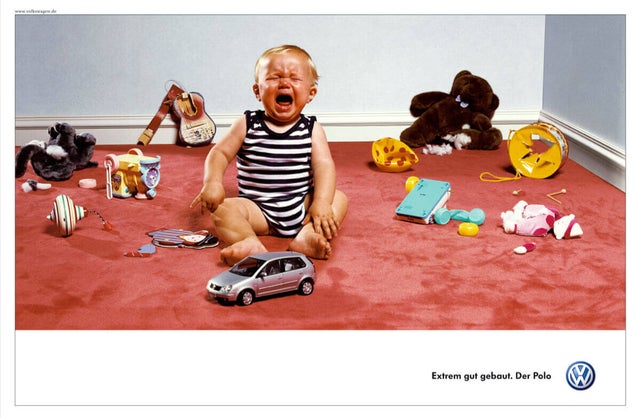When researchers from Columbia University analysed more than three-quarters of million individuals associated with a leading investment group, the team found that for every additional ten retirement savings funds available, participation declined by about two percentage points.” In essence, the more options available, the fewer people went on to save for their retirement. “The fact that some choice is good doesn’t necessarily mean that more choice is better,” reinforces psychologist Barry Schwartz. He calls this the paradox of choice.
Excerpt from: Evolutionary Ideas: Unlocking ancient innovation to solve tomorrow’s challenges by Sam Tatam


